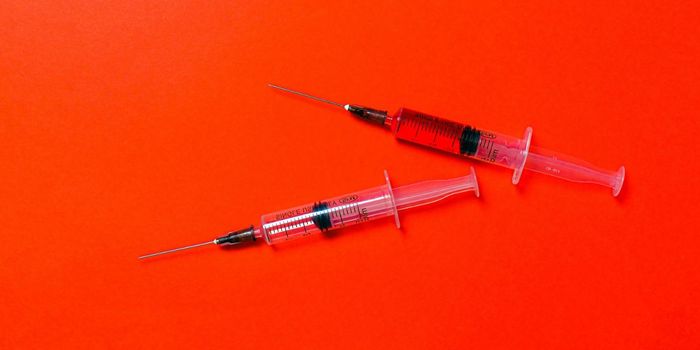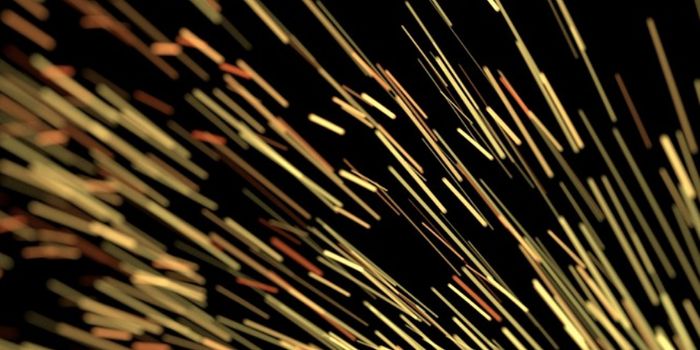Deep Nerve Stimulation Lowers Blood Pressure
A recent study published in Frontiers in Neuroscience highlighted deep nerve stimulation’s ability to lower blood pressure. The University of Houston researchers found that systolic blood pressure can be decreased by 10% in 60 minutes and 16% in 120 minutes after nerve stimulation. The results indicate that deep peroneal nerve stimulation (DPNS) creates an immediate and reproducible arterial depressor effect in response to stimulation. These findings have significant implications for treating hypertension which is the number one cause of death for Americans. Although pharmaceutical medications are effective for most people with high blood pressure, roughly 50-60% people have poorly controlled hypertension. Up to 18% can develop resistant hypertension.
Deep brain stimulation is a neurosurgical approach that uses brain implanted electrodes to treat motor and neurological and psychiatric conditions. A pulse generator emits impulses that alter neural functioning. It has mainly been used to treat the symptoms of Parkinson’s disease and epilepsy, but it is also used to treat obsessive compulsive disorder, chronic pain and depression. This University of Houston study highlights deep brain stimulation’s potential for cardiological treatment.
Dr. Romero-Ortega and his team use a small implantable wireless neural stimulation system and exploration of different stimulation parameters to achieve a maximum lowered response. Blood pressure and renal sympathetic nerve activity (RSNA) are controlled by bioelectronic treatment. Hypertension and renal disease often increase RSNA. DPNS caused an initial increase in RSNA during the first 2–3 seconds followed by a reduction in renal activity and mean arterial pressure. The RSNA observed during DPNS was notable with the similar onset and offset as the electrical stimulation. Lead author Dr. Mario Romero-Ortega explained that the observed activation of the RSNA during the DPNS was not expected since its activity is associated with hypertension.” Future neurological research will further investigate the effects of deep peroneal nerve stimulation (DPNS) on reduction in blood pressure.
Sources:
Frontiers in Neuroscience, University of Houston








